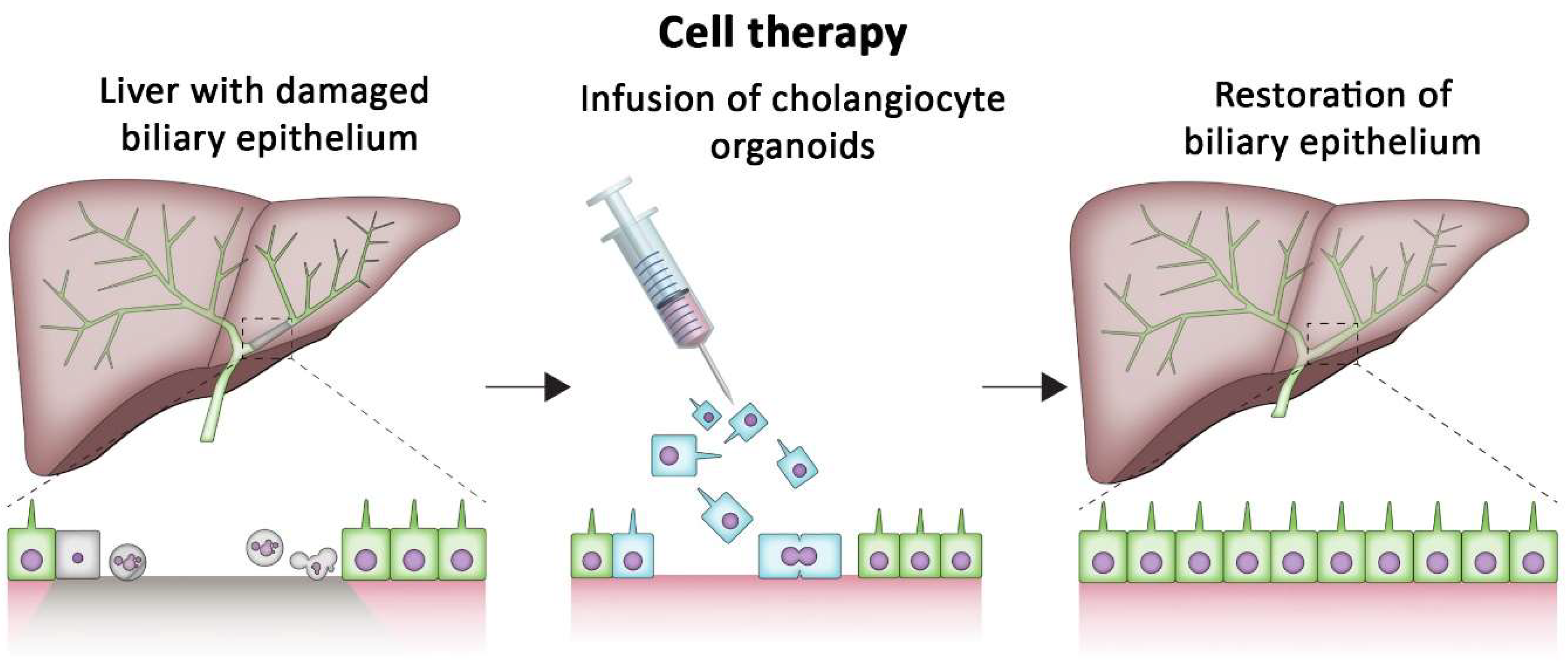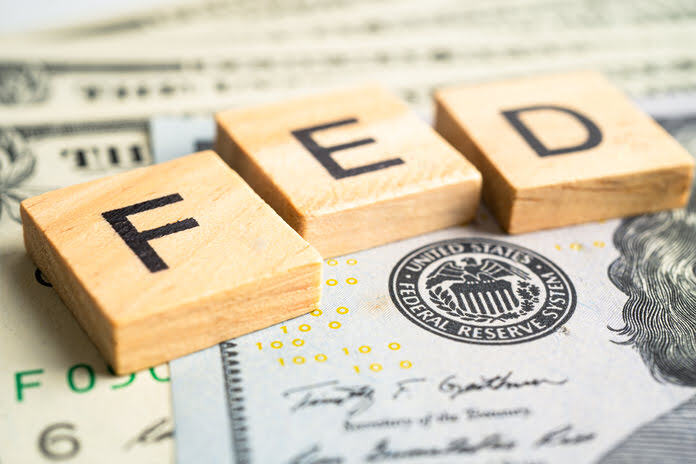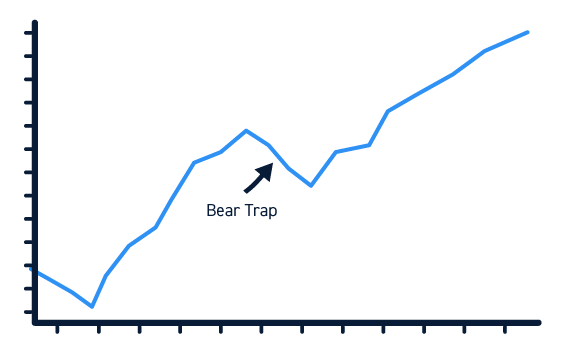Donald Trump has declared the US will now pay the same drug prices as the ‘most favored nation’ – essentially, the cheapest price paid anywhere in the world. He’s framing this as a victory, asserting Americans are ‘finally getting a fair deal.’ Frankly, it’s about time. For years, we’ve been systematically ripped off, subsidizing pharmaceutical innovation for the rest of the globe!
Let’s not mince words: the current system is predatory. Big Pharma profits handsomely by charging exorbitant prices here while undercutting everyone else. This isn’t free market capitalism; it’s legalized highway robbery.
Before we declare a full-blown revolution, however, let’s pump the brakes. This announcement raises significant questions about implementation. How will this be enforced? What about potential disruptions to drug supply? These are critical details we need answers to—and fast.
Understanding ‘Most Favored Nation’ Pricing:
This concept, borrowed from international trade, essentially means a country gets the best price a seller offers to anyone. It’s designed to prevent price discrimination.
In the pharmaceutical industry, its application is complex. Drug pricing is influenced by many factors, including research and development costs, market exclusivity (patents), and negotiation power.
Historically, the US hasn’t used its buying power effectively. Because Medicare is prohibited from directly negotiating drug prices, pharmaceutical companies have held all the cards. Now, Trump intends to change that.
However, simply matching the lowest global price isn’t a silver bullet. Some countries use different strategies, like bulk purchasing or government price controls, which may be difficult to replicate in the US. We need a comprehensive strategy, not just a headline grabber.







